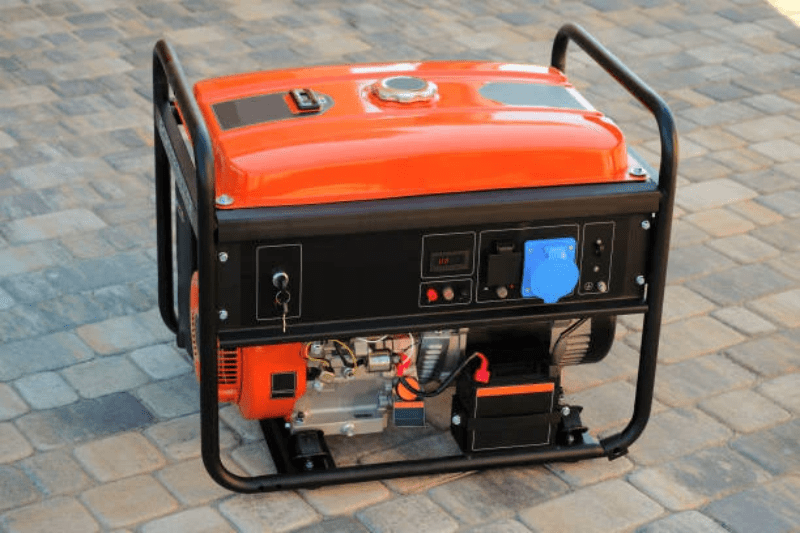
A diesel generator is a combination of an internal combustion engine with an auxiliary electrical generator to produce electrical power. This is a special case of auxiliary generator. There are some generators that are specifically designed to operate on diesel alone, while others are modified to use alternative fuel like natural gas or propane. In some cases, the generator will even be powered by solar energy. Regardless of its internal composition, the basic principal remains the same - the fuel source will be diesel or gasoline, the generator will run at high efficiency and output, and the electrical power will be utilized to power the home or the workplace. Learn more about diesel generators on this page.
Diesel is one of the best sources of energy because it has very high reliability, durability, and high energy output. It is also relatively inexpensive, especially compared to gasoline and other fossil fuels, making it a very viable fuel choice for power plants and even for those who supply green energy to the grid. However, there are certain environmental concerns regarding the use of diesel in power plants because it contributes to air pollution and global warming. In addition, because of the growing environmental concerns over the years, there have been calls for the gradual phase out of gasoline-powered vehicles.
Fortunately, there are some solutions that help power the home and the workplace with diesel generators while at the same time minimizing the impact on the environment. For example, diesel has some distinct advantages over natural gas generators. One advantage is that the diesel fuel does not undergo any chemical modifications to enhance its characteristics when it is used in the generator; therefore, natural gas generators have a higher chance of experiencing some degradation of their performance. View here for more details about diesel generators.
On the other hand, diesel generators use compressed air to fuel the generator, which can cause some problems to the environment if the compressed air in the tank is not stored properly. Because diesel is a non-toxic substance, this problem will pose no threat to anyone's health. Also, commercial diesel generators do not need a cooling system to run because they utilize natural gas to heat the fuel and provide the electricity necessary for powering the generator. This feature means that the generator will only need to be cooled down every few days to keep it operating properly. In addition, diesel generators are far more reliable than natural gas ones, which allows homeowners and businesses to take advantage of a backup emergency power source during severe weather without having to worry about the generator's operation.
There are even generators designed for use in remote areas. If you live in a remote location, you may have to rely on a power grid that can be subject to blackouts due to ice and snow. A diesel generator used as a power source can be relied upon to operate even when the power grid is down. In fact, even during a large power outage that affects the entire North American grid, standby generators can be used to provide the energy needed to keep your lights on. These generators are so efficient that many of them can power an entire home and store energy to be used when the power returns.
While diesel generators provide a safe and reliable way to provide energy for your home, they also have other advantages. Unlike gasoline generators, they do not pollute the air with harmful emissions. They do not create smog or give off excess carbon monoxide, neither do they cause exhaust or contribute to acid rain. For these reasons, diesel generating sets are an excellent choice for people who want a clean-burning, low-emission power source that will operate efficiently for years. Check out this related post to get more enlightened on the topic: https://simple.wikipedia.org/wiki/Diesel_generator.